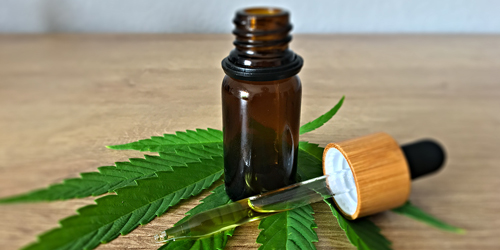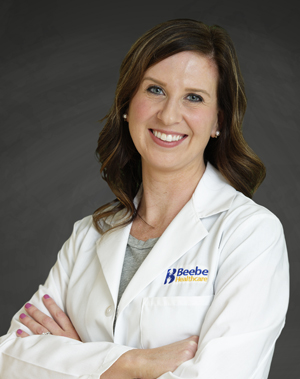CBD Oil Uses in Palliative Care

If you are on social media or watch the news, chances are you have heard about the health trend of using CBD oil (cannabadiol) to treat a variety of health concerns.
From ADHD to anxiety and chronic pain, it seems many people are turning to this nonpsychoactive oil to improve their health.
However, it is important to note that long-term studies have not been completed on the oil so there is really no way to know what it actually works for or in what doses it should be taken.
Physicians in the medical community are split on whether the oil is making a difference for patients or if it is just a placebo effect.
For my palliative care and end-of-life patients, many of them have already tried CBD oil and other marijuana and hemp products prior to coming to see me.
What is CBD and does it get me high?
Prior to recent years, marijuana and thus hemp and CBD were illegal substances. With the trend of legalizing these products for medical use, CBD is no longer considered an illegal substance in many states.
Thus, research and studies are just starting to uncover what is real and what is just anecdotal.
CBD is one of hundreds of cannabinoids that are found in the marijuana and hemp (cannabis) plants. CBD does not cause the euphoria or high that is associated with its cousin – THC. THC is the chemical compound in marijuana that is known for those smoke-laden hippie-reminiscent scenes at concerts and coming out of the VW vans of the past.
CBD – specifically THC-free CBD – does not create any sort of euphoria. It works with the body’s endocannabinoid system. Researchers are only just starting to understand this system of the body.
Hemp-derived CBD can be purchased without special permission or prescription. Marijuana-derived CBD must be purchased through a licensed dispensary with a medical marijuana card (obtained after evaluation by a physician to verify a qualifying condition).
Should I try CBD?
Many of my patients experience high levels of pain whether from injuries or ongoing illness. So, with their medical provider and, in some cases, on their own, they will search for ways to reduce or eliminate their pain.
Medical marijuana is one method that they often try out. For some patients, however, they do not like the feeling they get with medical marijuana, so they will often try hemp-derived CBD oil instead to see if they can find relief.
It is up to you and your medical care team on what methods you are comfortable with and are willing to try.
There is no “prescription” for medical marijuana or marijuana-derived CBD oil. Physicians authorize (by completing patient applications) that they feel their patients may benefit from this additional therapy and that they meet one of the Delaware qualifying conditions. I approach each case individually and will authorize use of these treatments, particularly if a patient has already had positive effects from hemp-based CBD oil.
According to Rosemary Mazanet, MD, PhD, an oncologist and chief scientist at Columbia Care – which provides medical cannabis products in 13 states: “Even if it’s placebo, if people think it’s working for them, that’s good because people take so many benzodiazepenes, which can be addictive over periods of time.”
The best recommendation is to talk to your medical care provider and to your family. If you decide to try CBD oil, be sure to get a quality product (not something from the gas station) and start with a lower dose to see what effect it might have on your body. You can slowly build up to see if you find improvement in your condition.
If you do not see improvement after taking it for a few weeks, I would recommend discontinuing use.
There are side effects from CBD, which may include dry mouth, low blood pressure, light headedness, drowsiness, diarrhea, nausea, and irritability.

Katie Johnson, DO, is an in-hospital physician and Medical Director of Palliative Care at Beebe Healthcare. Dr. Johnson received her Doctor of Osteopathic Medicine from Philadelphia College of Osteopathic Medicine and completed her residency in Internal Medicine at Methodist Dallas Medical Center in Texas. Learn more about Palliative Care at Beebe: www.beebehealthcare.org/palliative-care.
PREVIOUS ARTICLE



